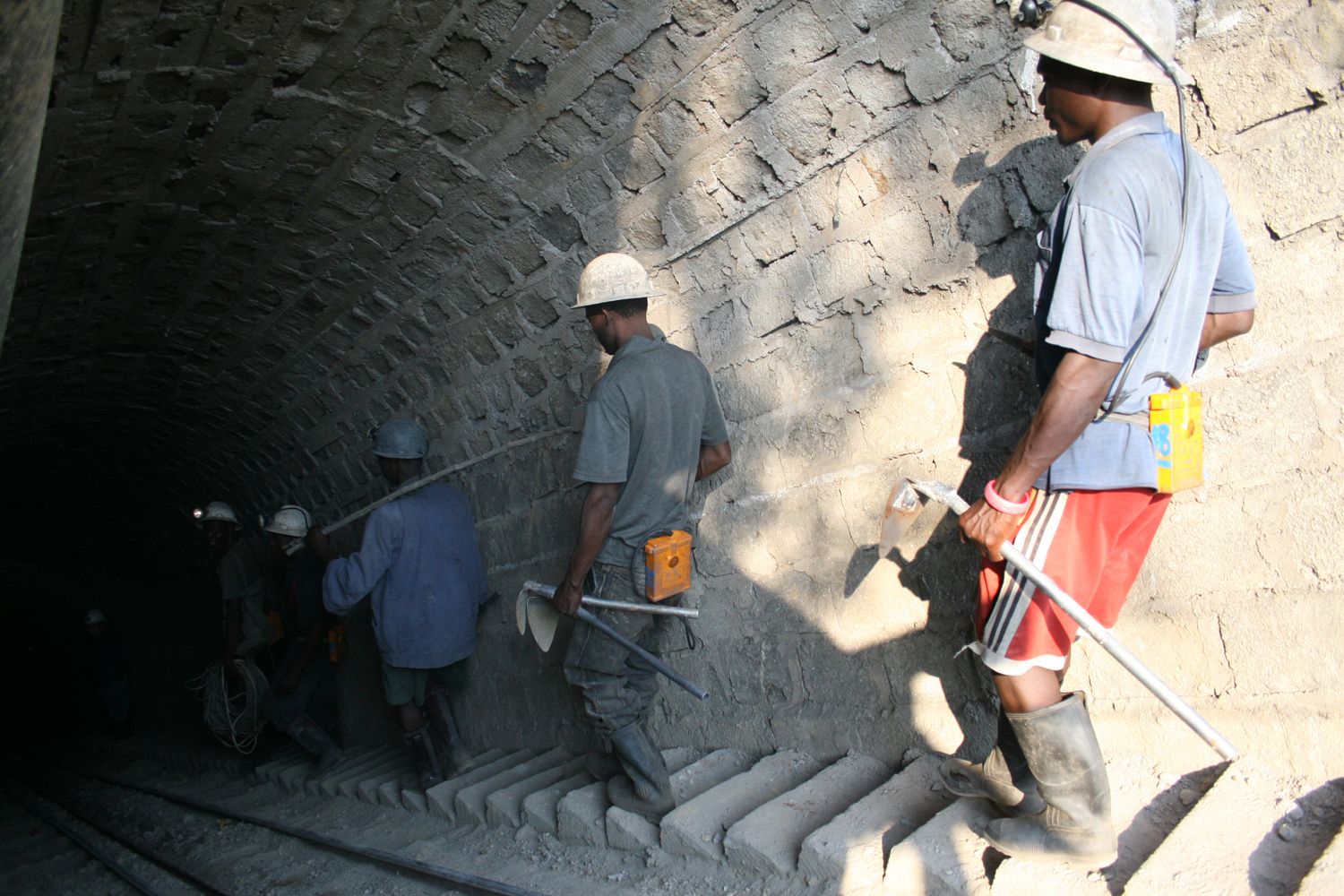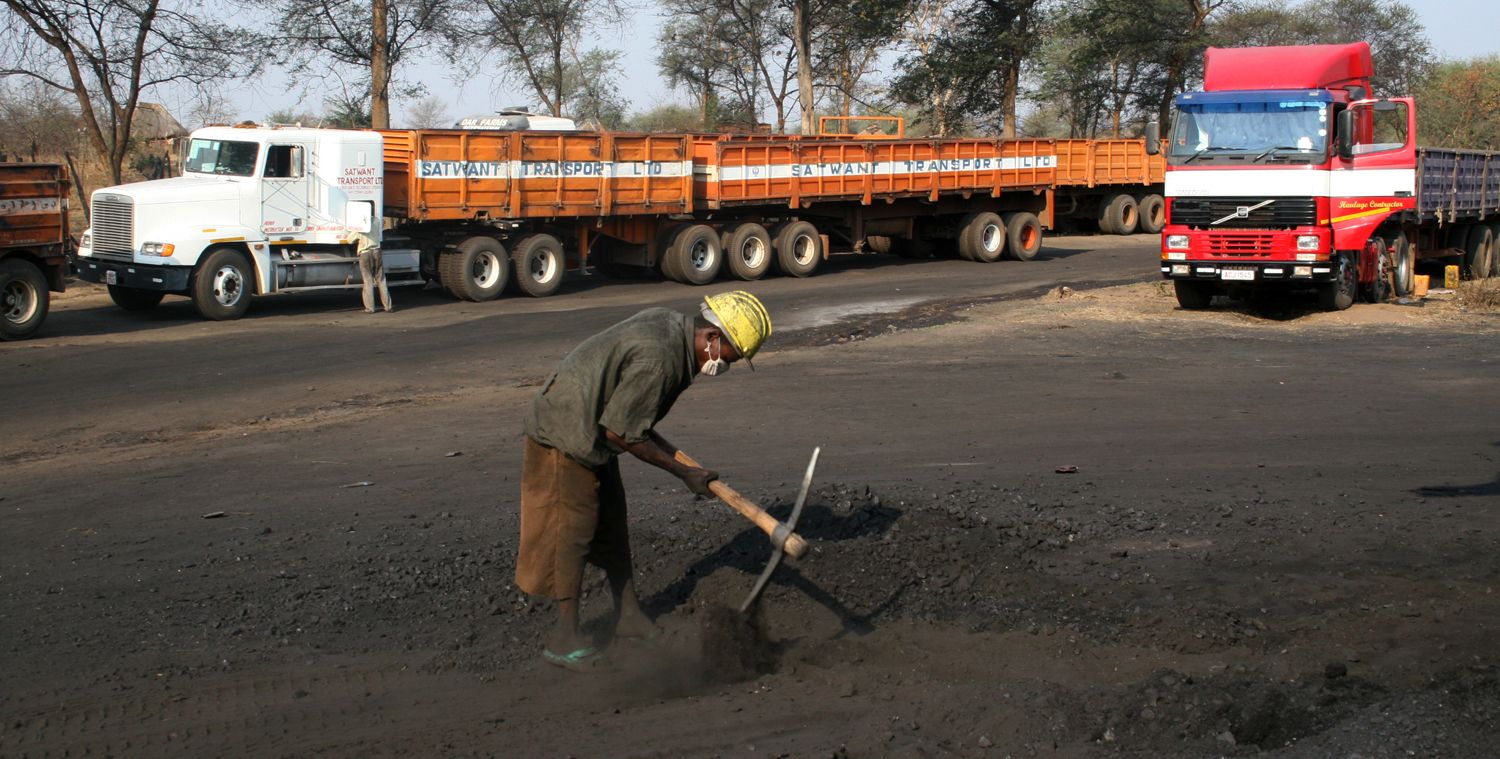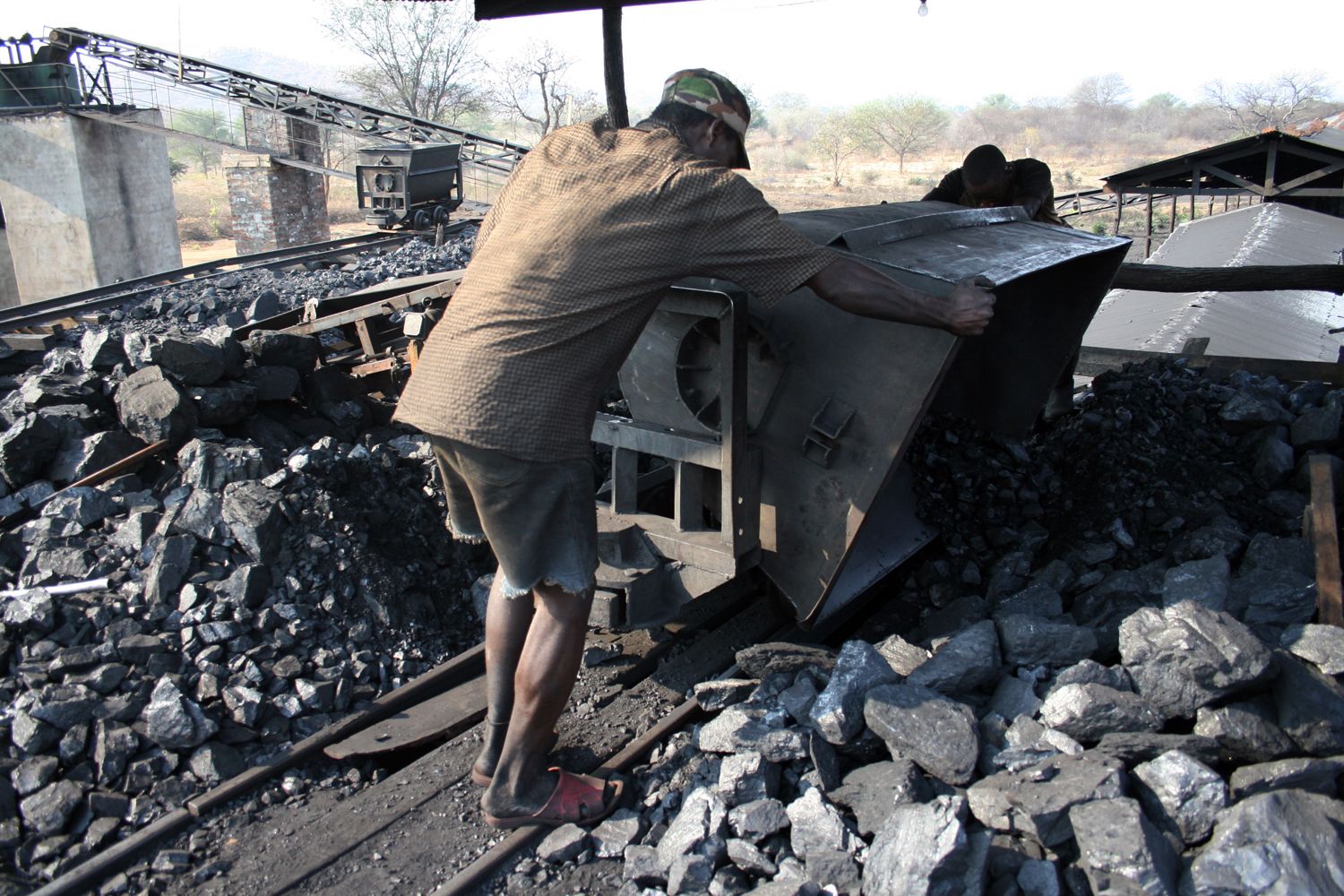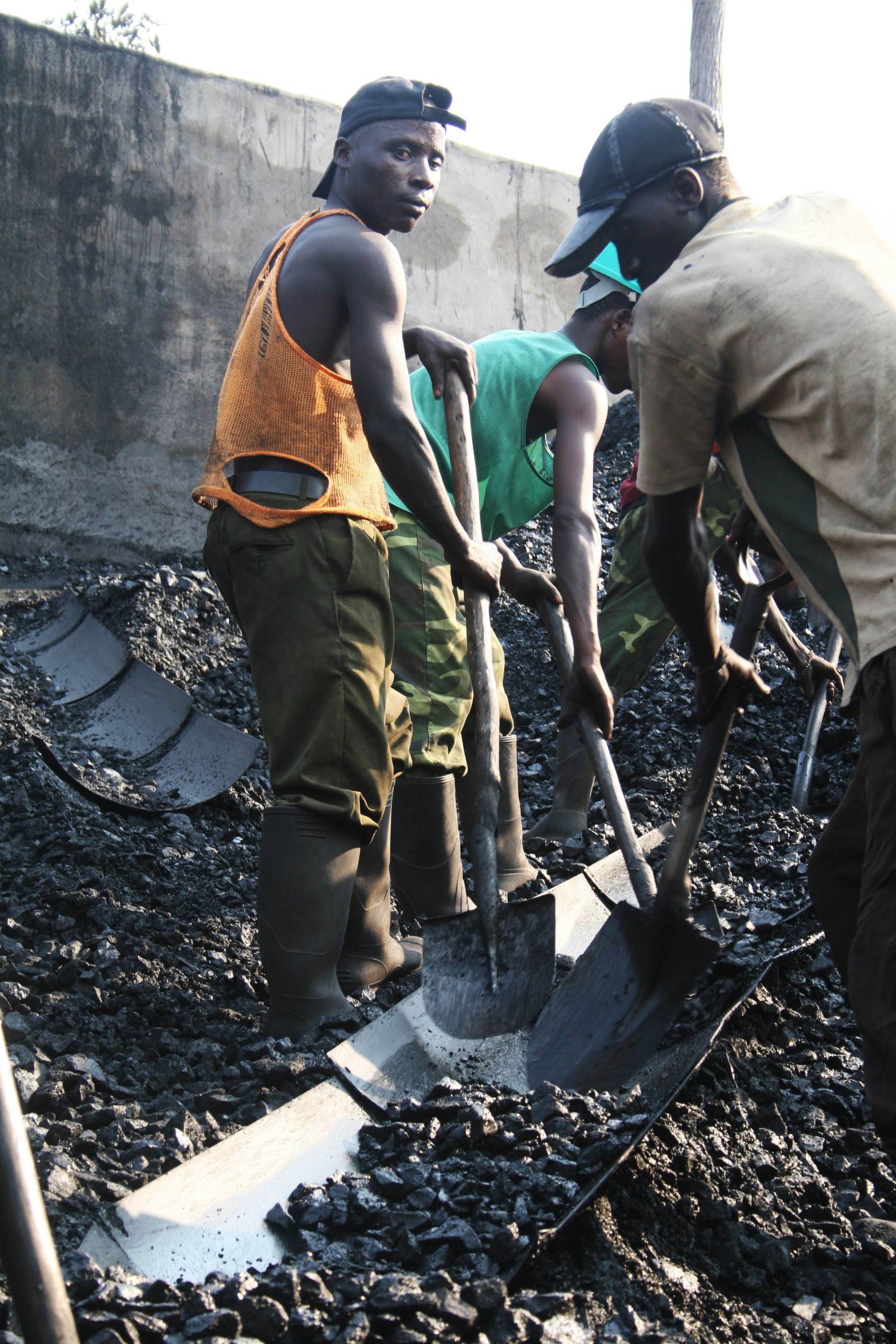Vincent Sinkunguya is 23 and has always been a dreamer, a man with a clear idea of what he wanted to become. So much so that even after he had to drop out of school in Zambia’s Southern Province because he couldn’t pay his school fees, he just took on more work so that he could return to class four years later, a gangly 19-year old in the tiny desk of a middle school student. Sinkunguya had been working in a local irrigation project during school holidays, and then during school hours, in a routine of dropping out of school and then returning, so that he could go to university and become a doctor. He eventually wanted to come back to his rural community to provide care for his neighbors.
The pay was barely enough for tuition, and the slightly built Sinkunguya, who has a serious countenance and elfin ears, worried if he would ever finish his studies. Then he suddenly had an idea: “I thought I should join up with the Chinese,” he recalled. Five Chinese brothers had constructed an expansive coal mine nearby and employed hundreds of young men from the area since the early 2000s.
“I was really excited. I thought I could work for a while then finally go back to school. There would be more money and I would have a regular income,” Sinkunguya said. “When I started working, I realized things were going to be different.”
The labor was grueling — blinding, suffocating dust, frequent rock avalanches — it was made more unbearable by the considerably low wages. In 2010, he was paid 400 Zambian kwacha per month, or about $77 dollars. “We were doing a lot of hard labor but, at the end of the day, our wages were nothing so it wasn’t easy. I saw a lot of people being injured,” Sinkunguya said. He had been working at Collum Coal Mine only three months before he heard plans of an impending protest.
In October 2010, three to four hundred miners confronted their Chinese supervisors outside one of the mine’s shafts. The miners said they wanted a pay raise. The supervisors, who later said they were afraid of being attacked because the miners were allegedly throwing stones, fired gunshots into the group of workers. The miners said they did not throw stones.
Sinkunguya was running late to the protest. As he rode up to the crowd on his candy-pink bicycle, bullets hit him in the stomach. He fell off his bike and was rushed to the hospital. Because of the accident, Collum gave him 45 million kwacha (about US $8,700), Sikunguya said. Management also promised they would send him back to school, but stopped paying after two terms. The two Chinese supervisors were arrested for attempted murder, but later released with no charge.
“Looking at what I went through, it was not enough,” he said. “I feel bad because it seems unfair that someone who, after shooting me, would go free. They’ve gone back to China but I know they’re free.” He has used part of his settlement to open up a small shop — but said that he would go back to working at the mine if new owners took over.
When I spoke with other miners who had been injured and had to leave their jobs at the mine, I heard the same sentiment: Most said they would love to go back working at the mine if they could. I was mystified. Why return to a job with dangerous working conditions that didn’t pay a living wage?
As Sikunguya told me, it wasn’t that simple. He had a wife and a one-year old child to support. In his village Sinazeze, options are few — make ends meet on sustenance farming or take a job from the Chinese, who had at least minimally improved the standard of living in the area. Miners no longer live in grass-roof houses; they have been able to replace them with brick homes. It was a matter of weighing his options.
“They are very poor employers. Zambians are very concerned about Chinese investment,” Suzanne Matale, head of the Council of Churches in Zambia, said. But in the next breath she added: “The Chinese are new on the scene. We are eager to see what they will bring.”
Matale’s frustration with Chinese investors, and her simultaneous hope that Chinese investment could positively change Zambia, is the sort of complex mood several Zambians I interviewed expressed. Maybe, the thinking goes, if the Chinese invest enough, and the Zambian government acts more responsibly with those funds, the country’s mineral wealth will finally trickle down to the poor. “It’s a shame,” Danny Sikatari, a mine foreman, told me as we walked though a mineshaft in May. “These guys were mining engineers but just didn’t comply with government regulations: paying taxes, ensuring safety. The Chinese are not bad people.”











